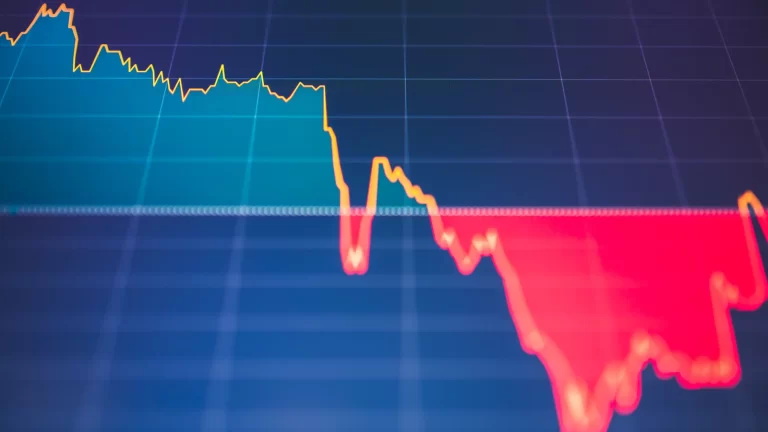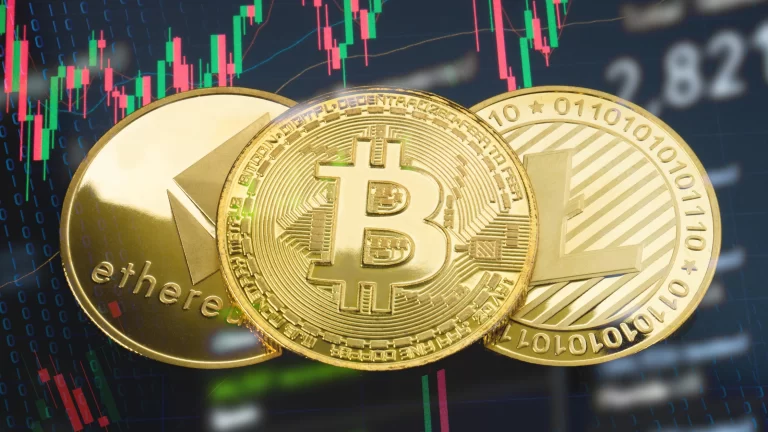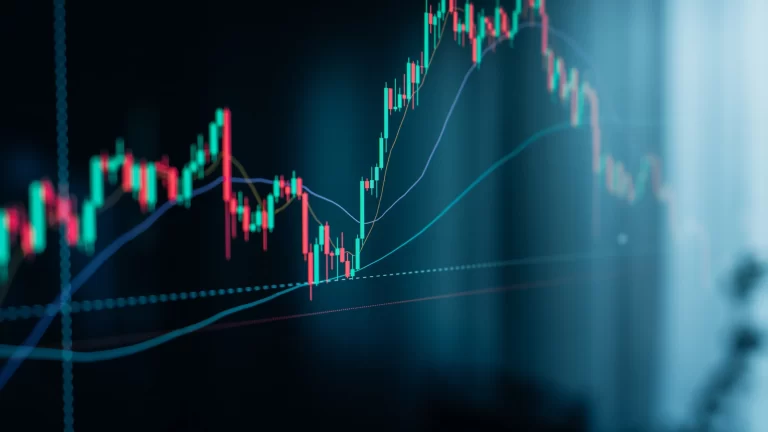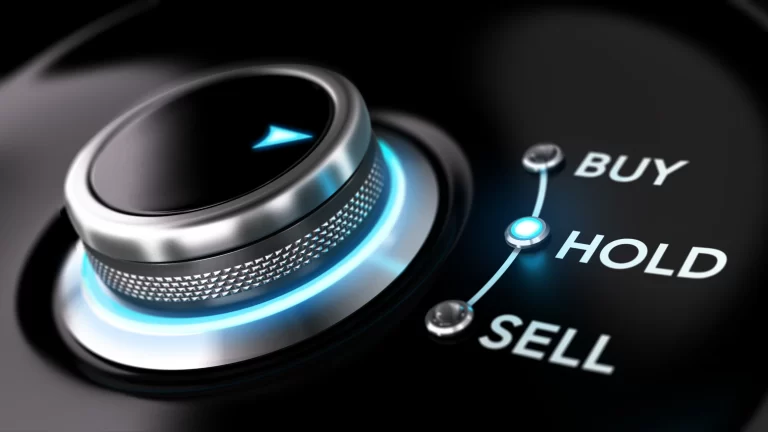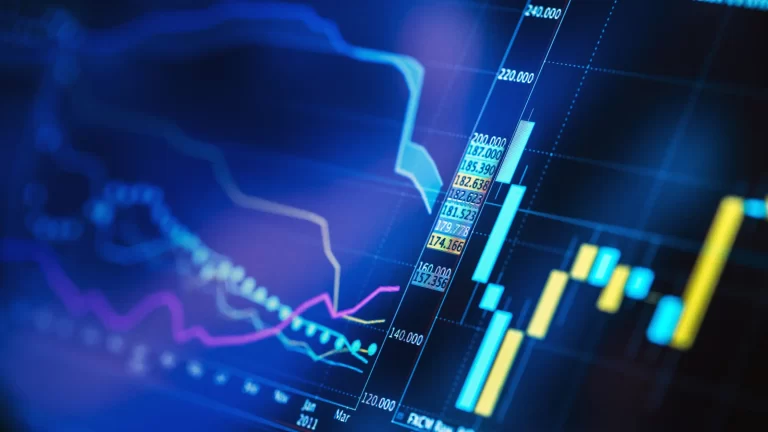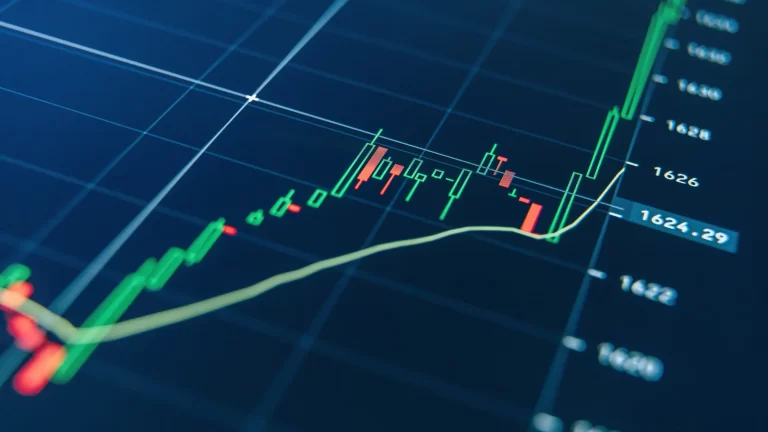DAOs and the Future of Corporate Governance
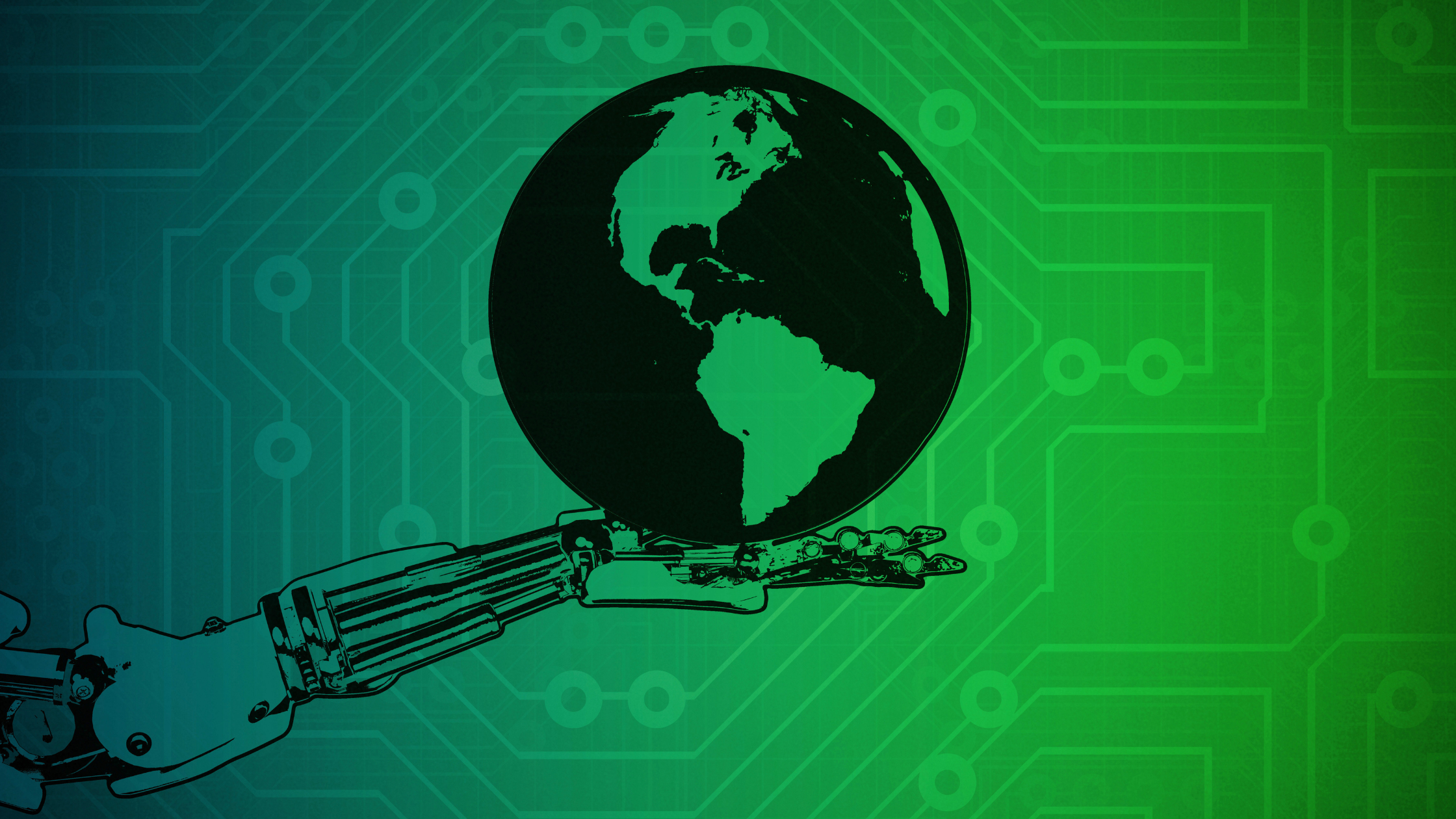
In a world where the buzzwords “decentralization” and “blockchain” are gaining momentum, one concept stands out for its profound potential to reshape the very fabric of corporate governance: Decentralized Autonomous Organizations (DAOs). DAOs are not just a fleeting trend; they represent a radical rethinking of how companies can be organized and managed, challenging traditional hierarchies and centralized decision-making processes.
In a world where the buzzwords “decentralization” and “blockchain” are gaining momentum, one concept stands out for its profound potential to reshape the very fabric of corporate governance: Decentralized Autonomous Organizations (DAOs). DAOs are not just a fleeting trend; they represent a radical rethinking of how companies can be organized and managed, challenging traditional hierarchies and centralized decision-making processes.

The Impact of DAOs on Traditional Corporate Governance
- Decentralization of Power: Unlike traditional companies where decisions are top-down, DAOs operate on a flat structure. Power is distributed among all members, leading to a more democratic decision-making process.
- Transparency and Trust: All transactions and voting are recorded on the blockchain, ensuring transparency and accountability. This fosters a higher level of trust among stakeholders than in traditional corporate setups where decisions often happen behind closed doors.
- Global Participation and Diversity: DAOs are not limited by geography. They allow for global participation, which brings diverse perspectives and democratizes opportunity beyond the confines of physical borders or conventional corporate structures.
- Efficiency and Agility: DAOs can operate and adapt faster than traditional organizations because they are not bogged down by bureaucracy. Smart contracts automate many administrative tasks, allowing members to focus on strategic decisions and innovation.
- Investor Relations and Tokenomics: In DAOs, investors are often also participants, directly involved in governance through token ownership. This alignment of interests between investors and operators can potentially lead to more sustainable and long-term value creation.
Challenges and Considerations
Despite their potential, DAOs face significant challenges. Regulatory uncertainty, scalability issues, and the complexity of ensuring fair governance models are just some of the hurdles. Additionally, the reliance on technology raises concerns around security and the potential for systemic failures.
The Future: DAOs in the Business Ecosystem
The rise of DAOs signals a shift towards a more inclusive and democratic form of business management. While they may not replace traditional corporations overnight, they offer a compelling alternative for new ventures, especially in the digital and creative economies. Forward-thinking companies are already exploring how DAO structures can be integrated into their governance models, potentially leading to hybrid forms that blend the best of both worlds.
DAOs are more than just a blockchain-based curiosity; they are a testament to the evolving nature of work, collaboration, and corporate governance in the digital age. By bringing transparency, inclusivity, and efficiency to the table, they challenge the status quo, offering a glimpse into a future where business is more democratic and decentralized. As we navigate this transition, the interplay between traditional corporate structures and DAOs will undoubtedly be an area ripe with innovation, experimentation, and significant learning opportunities for leaders across industries.

